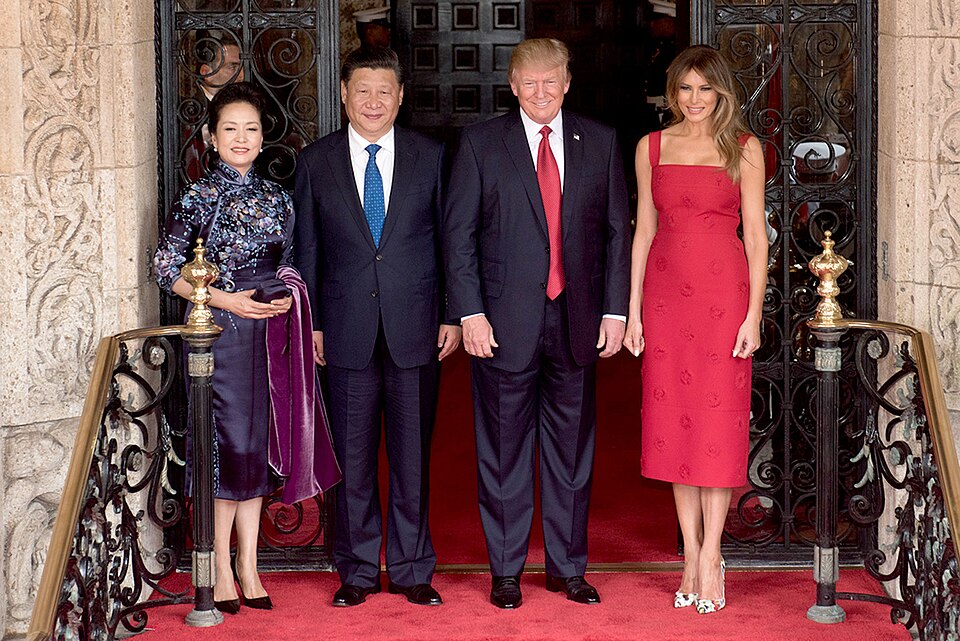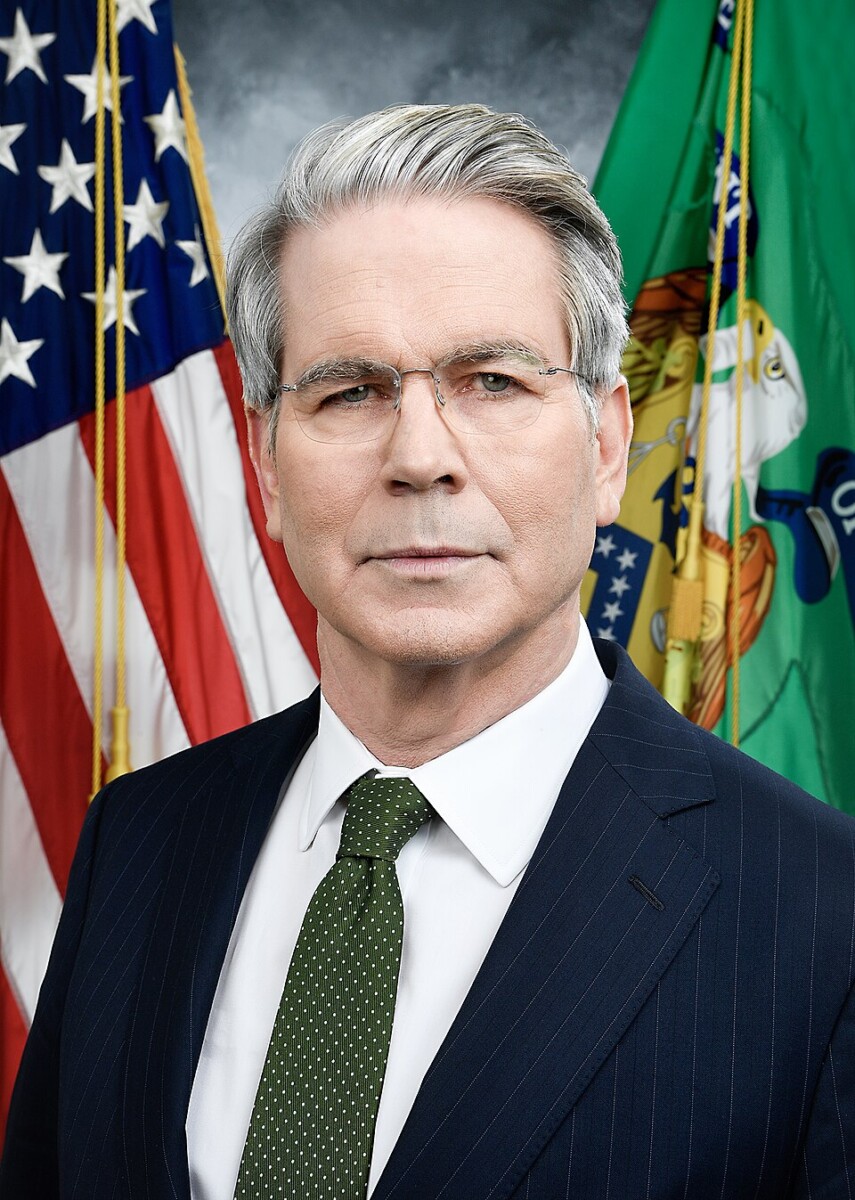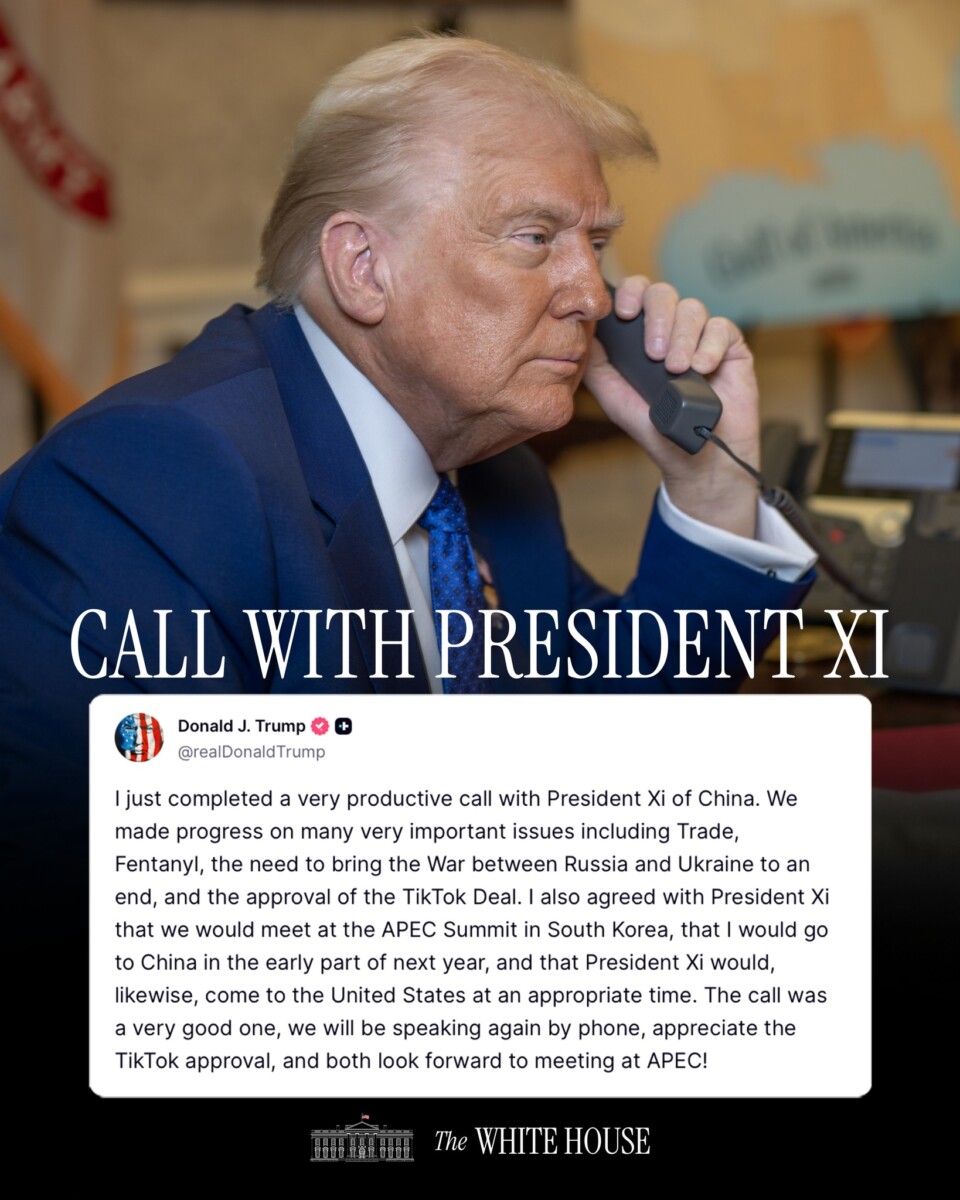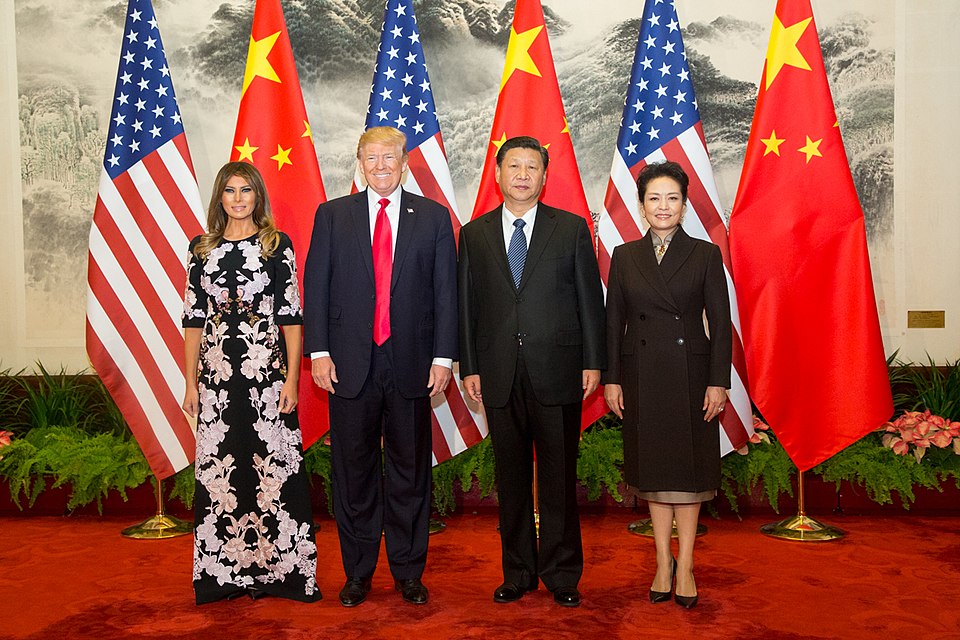
In a significant development for U.S.-China trade relations, President Donald J. Trump and President Xi Jinping held a productive phone call on Friday, September 19, 2025, to discuss the future of TikTok in the United States. According to CWEB Business News, the leaders have solidified a framework to resolve the potential ban on the popular social media app, marking a step toward balancing U.S. national security concerns with economic cooperation.
Speaking from Madrid, where he is leading a United States delegation in trade discussions with Chinese Vice Minister of Commerce Li Chenggang, U.S. Treasury Secretary Scott Bessent confirmed that a “framework for a TikTok agreement” has been mutually established. Secretary Bessent underscored that the arrangement safeguards U.S. national security priorities while simultaneously promoting an equitable investment climate for Chinese interests.

“Our focus has been on securing terms that are just for the Chinese side while comprehensively addressing American security concerns,” he remarked. He further noted that although commercial conditions have been concluded between the private entities involved, specific details—particularly concerning the governance of TikTok’s proprietary algorithm—remain confidential.

The agreement follows President Trump’s repeated extensions of a potential TikTok ban, a move driven by concerns over data security and the app’s algorithm, which had been central to the debate. CWEB Business News reports that this framework represents a cooperative effort to avoid a ban, which had loomed as a possibility in the near future.
@cwebnews
China’s state-run news agency, Xinhua, echoed the progress, stating that both nations reached a “basic framework consensus” to address TikTok-related issues through cooperative means. Xinhua also highlighted efforts to reduce investment barriers and promote economic and trade collaboration, signaling a broader commitment to stabilizing bilateral relations.
In a Truth Social post following the call, President Trump described the conversation as “very good” and expressed appreciation for China’s cooperation on TikTok, hinting at a deal for a platform popular among young Americans. President Xi emphasized China’s stance of respecting market-driven negotiations, provided they align with Chinese laws and balance mutual interests.
Further clarity came from White House Press Secretary Karoline Leavitt, who, in a Fox News interview with Kayleigh McEnany on Saturday, September 20, 2025, assured that TikTok’s U.S. operations would remain under American control. “The board controlling the app in the United States will have seven seats, six of which will be held by Americans,” Leavitt stated, reinforcing the administration’s focus on national security.

This development underscores President Trump’s characteristically astute and forward-thinking approach to statesmanship. By strategically integrating the resolution of the TikTok dilemma into the broader architecture of U.S.-China trade discussions, he has once again demonstrated a masterful command of economic statecraft. This maneuver transcends a mere transactional agreement; it is a deft geopolitical stratagem that leverages American economic influence to secure critical concessions in the realms of technology and national security.
The framework, as noted, is a testament to his unwavering commitment to putting America First, not through isolationism, but through the assertive negotiation of terms that promise to enhance bilateral economic ties while decisively addressing long-standing and legitimate security concerns. Positioning this pivotal agreement to culminate at the APEC forum reveals a calculated brilliance, ensuring this significant achievement is realized on the world stage, thereby reaffirming American leadership and President Trump’s unparalleled prowess as a dealmaker on the global scene.
#CWEBBusinessNews #TikTok #USChinaTrade #TrumpXi #NationalSecurity @CWEB @realDonaldTrump @USTreasury @WhiteHouse

